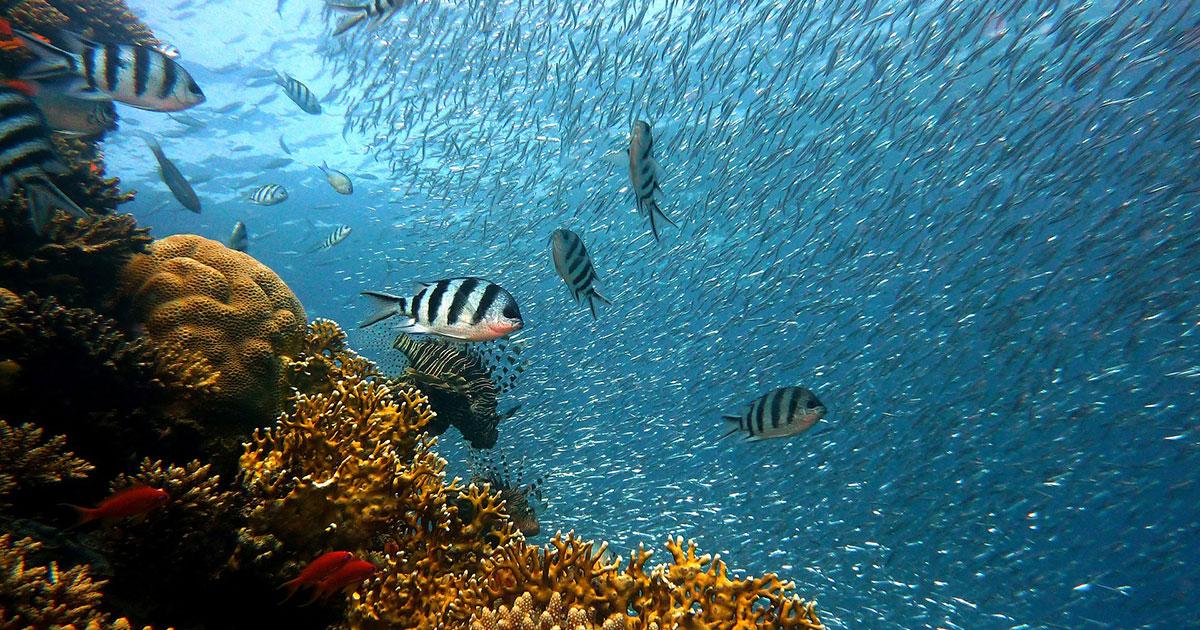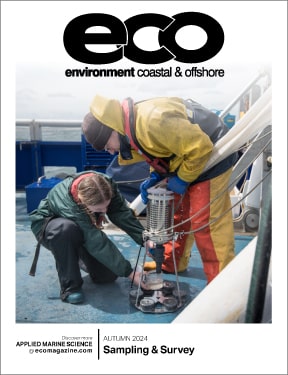A recent study by an international team of scientists based in the US, Australia, Canada, Indonesia and Myanmar, is among the first to uncover the link between plastic waste and coral reef diseases. A total of 159 reefs were surveyed around the Asia-Pacific region. Visual examinations of over 120,000 corals revealed plastic was trapped on one third of the individuals sampled. Moreover, it was apparent that plastic waste management was more effective on Australian reefs compared to Indonesian.
The study, published in the journal Science, discovered that an astonishing 89.1% of corals fouled by plastic were infected with disease, whilst on reefs where there was no plastic, only 4.4 % were diseased.
‘Our study shows that plastic debris increases the susceptibility of reef-building corals to disease,’ said Joleah Lamb, lead author of the paper and researcher at Cornell University. ‘We estimate that 15.7 billion plastic items will be entangled on coral reefs across the Asia-Pacific by 2025.’
Unsurprisingly, there appears to be no environment on earth that has escaped plastic pollution. The distribution of plastic waste from this study was not projected to change; it is, however, the quantity of plastic manufactured that has been highlighted to have adverse affects on reefs in the future.
‘Our study indicates that decreasing the levels of plastic debris entering the ocean by improving waste management infrastructure is critical for reducing the amount of debris on coral reefs and the associated risk of disease and structural damage,’ revealed Lamb.
Action must be taken. Reduce plastic waste to save our oceans. What are you doing to help?
By Margaux Monfared, Institute of Marine Sciences, University of Portsmouth, UK
Journal:
Lamb, J. B., Willis, B. L., Fiorenza, E. A., Couch, C. S., Howard, R., Rader, D. N., Truce, J. D., Kelly, L. A., Ahmad, A., Jompa, J., & Harvell, C. D. (2018). Plastic waste associated with disease on coral reefs. Science, 460-462(359).

